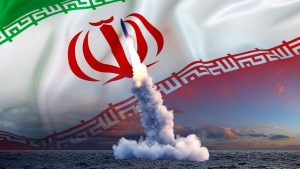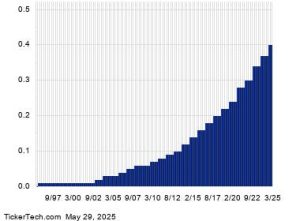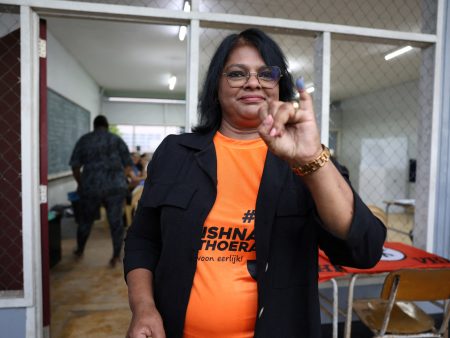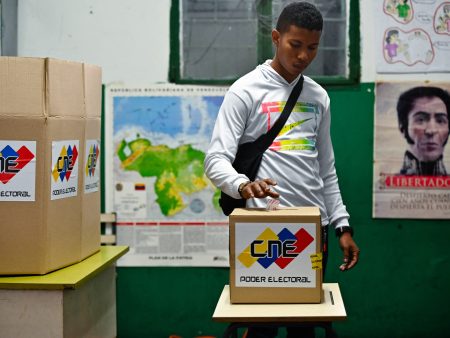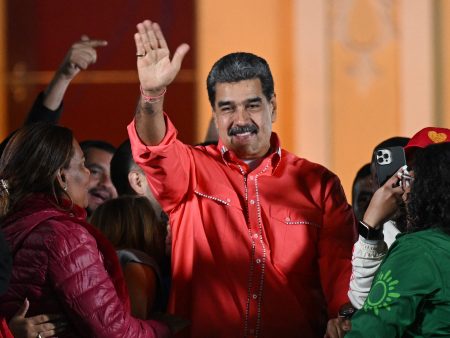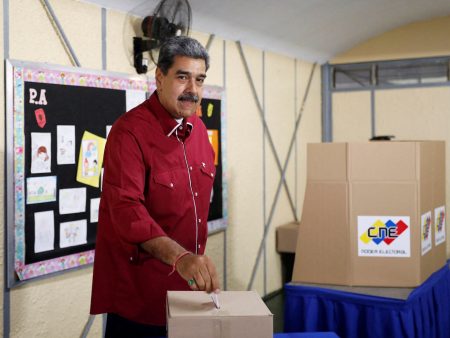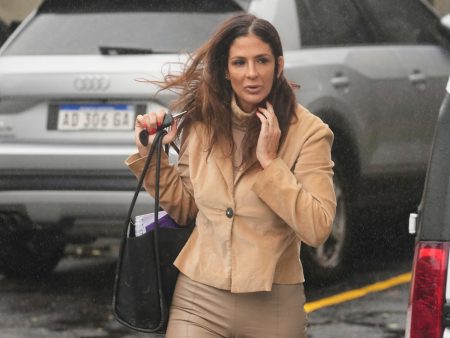The dismissal of rape charges against French rugby players Hugo Auradou and Oscar Jegou marks a significant turning point, concluding a tumultuous chapter for the French rugby community and bringing relief to the accused athletes. The accusations, stemming from an alleged incident following a victorious international debut against Argentina, cast a long shadow over their burgeoning careers and ignited a firestorm of controversy. The young players, both 21 years old at the time, found themselves entangled in a complex legal battle in a foreign country, facing the daunting prospect of a lengthy trial and potential imprisonment. The gravity of the accusations, coupled with the international spotlight on the case, underscored the fragility of reputations and the profound impact such allegations can have on individuals and the sporting world.
The case unfolded in Mendoza, Argentina, where Auradou and Jegou had just celebrated their first international caps for France. The alleged victim, whom they met at a nightclub following the match, accused the players of a violent sexual assault in their hotel room. This accusation stood in stark contrast to the players’ assertions of consensual intimacy. The conflicting accounts created a tangled web of claims and counterclaims, making it challenging to discern the truth amidst the conflicting narratives. The ensuing legal proceedings became a battleground for contrasting interpretations of events, further complicated by cultural differences and the inherent difficulties of adjudicating such sensitive and emotionally charged cases.
The initial arrest and subsequent detention of Auradou and Jegou sent shockwaves through the French rugby community. The players, hailed as rising stars just days before, were suddenly embroiled in a legal nightmare that threatened to derail their careers and tarnish their reputations irrevocably. The uncertainty surrounding the case created a climate of anxiety and speculation, with public opinion sharply divided between those who believed the accusations and those who maintained the players’ innocence. The intense media scrutiny surrounding the case amplified the pressure on all parties involved, highlighting the challenges of ensuring a fair and impartial legal process in the glare of the public spotlight.
The Argentinian legal system’s handling of the case became a subject of intense scrutiny. The initial decision to hold the players in preventative custody for over a week, followed by nearly a month of house arrest, raised concerns about the presumption of innocence and the potential for prolonged detention without definitive proof of guilt. While the prosecution initially pursued the case, their subsequent decision to call for the charges to be dropped signaled a significant shift in their assessment of the evidence. This reversal ultimately paved the way for the court’s dismissal of the charges, marking a crucial turning point in the players’ legal ordeal.
The defense team, led by lawyer German Hnatow, consistently maintained the players’ innocence, emphasizing the consensual nature of the encounter. Hnatow’s statement following the hearing, declaring the players’ acquittal and reiterating their innocence, underscored the defense’s unwavering belief in their clients’ version of events. The court’s decision to dismiss the charges ultimately vindicated this stance, bringing an end to the protracted legal battle and allowing the players to begin the process of rebuilding their lives and careers.
The dropping of the charges against Auradou and Jegou offers an opportunity for reflection on the complexities of such cases and the importance of due process. While the legal proceedings have concluded, the emotional and reputational ramifications will likely linger. The players, now cleared of the charges, face the challenge of reintegrating into the rugby world and reclaiming their positions within the French national team. The case serves as a stark reminder of the potential for false accusations to have devastating consequences and the crucial role of a robust legal system in ensuring that justice prevails. It also underscores the need for sensitivity and understanding when navigating the complexities of sexual assault allegations, particularly in the context of international sporting events and cultural differences.
